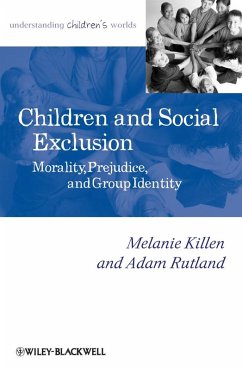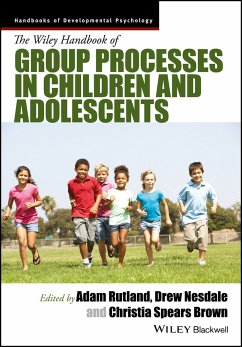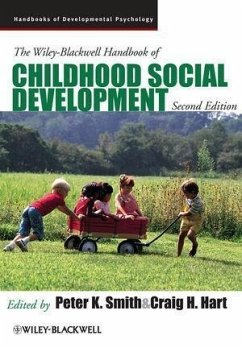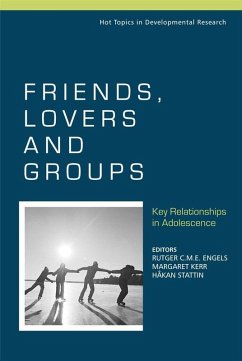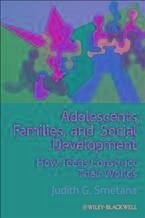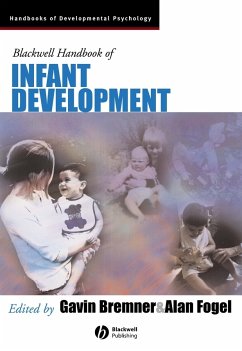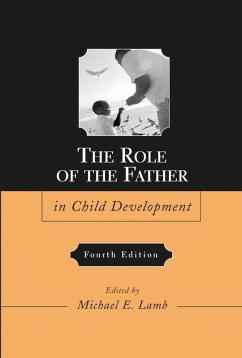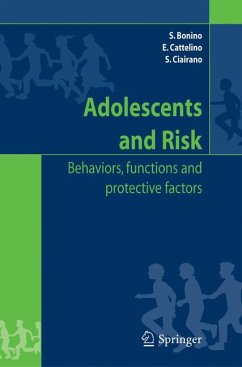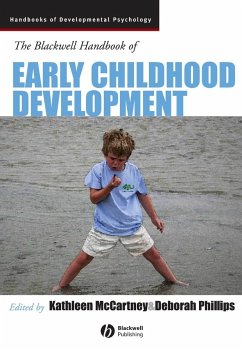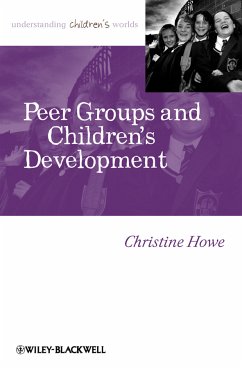
Peer Groups and Children's Development (eBook, PDF)
Versandkostenfrei!
Sofort per Download lieferbar
37,99 €
inkl. MwSt.
Weitere Ausgaben:

PAYBACK Punkte
0 °P sammeln!
Peer Groups and Children's Development considers the experiences of school-aged children with their peer groups and its implications for their social, personal and intellectual development * Focuses on the peer group experiences of children attending school in Western societies, from five years of age through to adolescence * Considers peer groups in classrooms, friendships made within and outside of school, and the groups that children participate in for extra-curricular activities * Includes a final summary which brings together the significant implications for theory, policy and practice * ...
Peer Groups and Children's Development considers the experiences of school-aged children with their peer groups and its implications for their social, personal and intellectual development * Focuses on the peer group experiences of children attending school in Western societies, from five years of age through to adolescence * Considers peer groups in classrooms, friendships made within and outside of school, and the groups that children participate in for extra-curricular activities * Includes a final summary which brings together the significant implications for theory, policy and practice * Unique in that no other volume reviews and integrates literature relating to peer groups in both classroom and out-of-class settings * Addresses the research interests of psychologists and educationalists, as well as the practical concerns of teachers, parents, counsellors, and policy makers
Dieser Download kann aus rechtlichen Gründen nur mit Rechnungsadresse in A, B, BG, CY, CZ, D, DK, EW, E, FIN, F, GR, HR, H, IRL, I, LT, L, LR, M, NL, PL, P, R, S, SLO, SK ausgeliefert werden.



